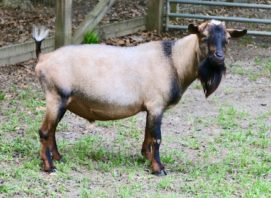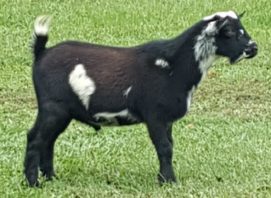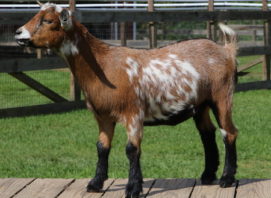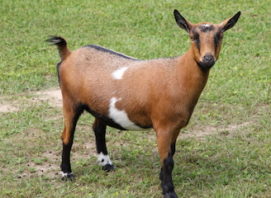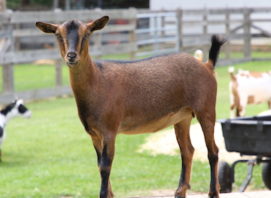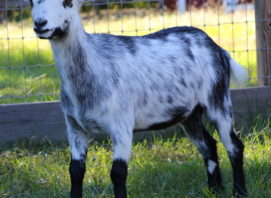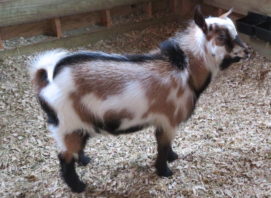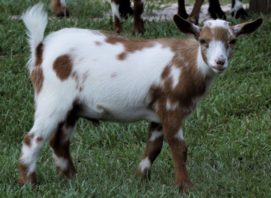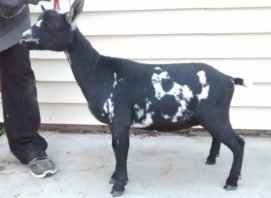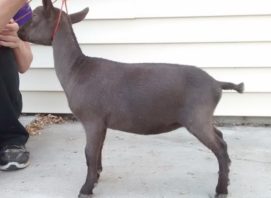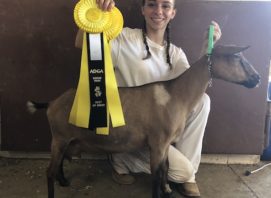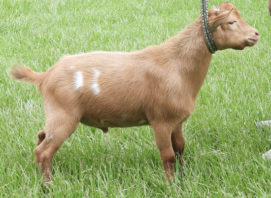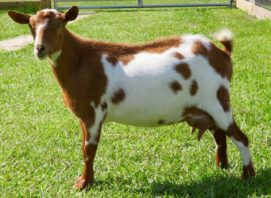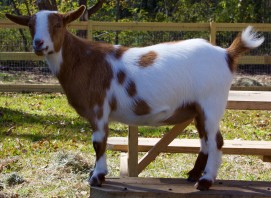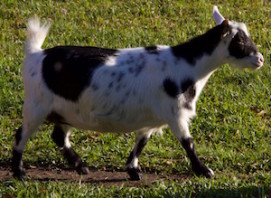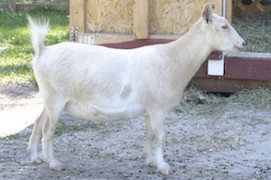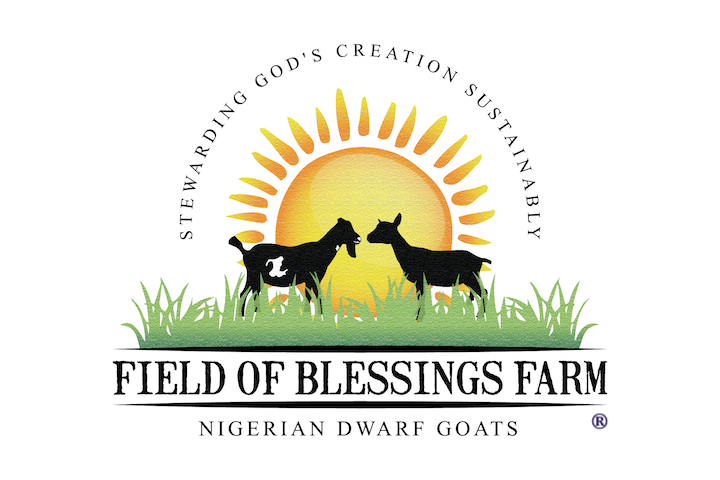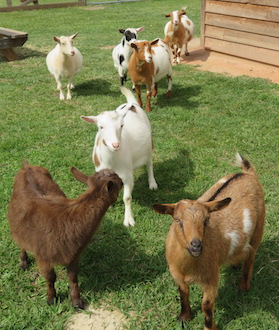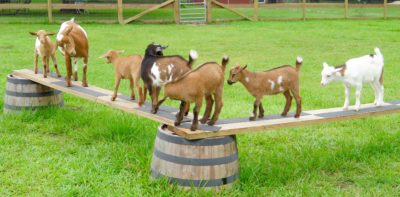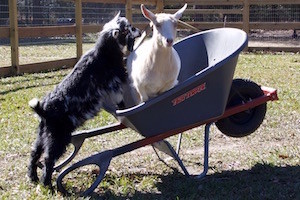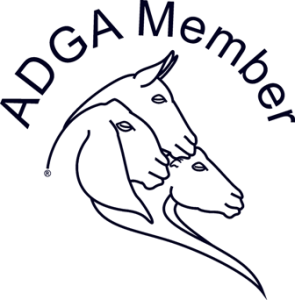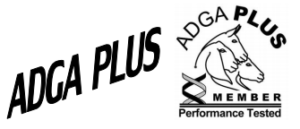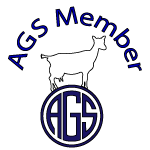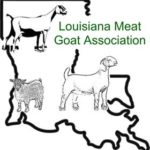Our goats are treated as goats but loved as pets. We have built four paddocks for their browsing benefit. We feed our goats a healthy, balanced diet of grains and grasses and allow them free access to pasture, hay/grass, loose minerals, and baking soda. They receive the occasional (appropriate) treat, as well. We selectively deworm our goats based on FAMACHA system and monitoring their overall thriftiness and coat health, to help in preventing a resistance to deworming medication. Hooves are trimmed on a routine basis. We are fortunate to have a small ruminant vet that we love for the provision of medical care as needed.
On a personal note, as I have previously shared, with aging, I have found it to be increasingly difficult with my disability to participate in farm responsibilities. Although the initial COVID-19 deeply hurt our nation and the world, including touching our own family, we believe that even in the most difficult of circumstances, “He (God) makes all things work together for the good of those who love Him and are called according to His purpose”. In our personal situation, it allowed Tom to work from home. He no longer had to wake up at 3 am to do the morning chores and then drive to NOLA. He now wakes up at a more reasonable time to do chores before he begins his hospital work and then can just go straight into his home office and work. This has allowed me get additional rest and and greatly reduced the physical stress on my body. Tom is such an amazing man! God has put such strength in him. He manages all of the very physical aspects of farm life and keeping up 5 acres of land, he is the master McGyver and keeps ahead with all the things that need to be fixed, all the while caring for and loving me and our family, in addition to working full-time. He is a blessing to me and to our animals. Admittedly, aging has taken its toll on his physical body, too. Farm life is gets harder as we age in our autumn years, especially when you are carrying the majority of the work load. Therefore, we are looking at creating our succession plan for our farm, and are hoping that to find someone with a loving heart and the appropriate facilities and abilities to take over the most productive members of our herd in the near future. Our older, non productive goats we will let live out the reminder of their lives in the home they have always known with us.
We thank you for taking the time to learn about our farm. If you have any questions about our herd or NDGs in general that you have not had answered on our website, please feel free to contact us by email, Facebook, in FB Messenger, or by telephone. Each goat’s pedigree is available on their individual page on our site and on the ADGA website.
